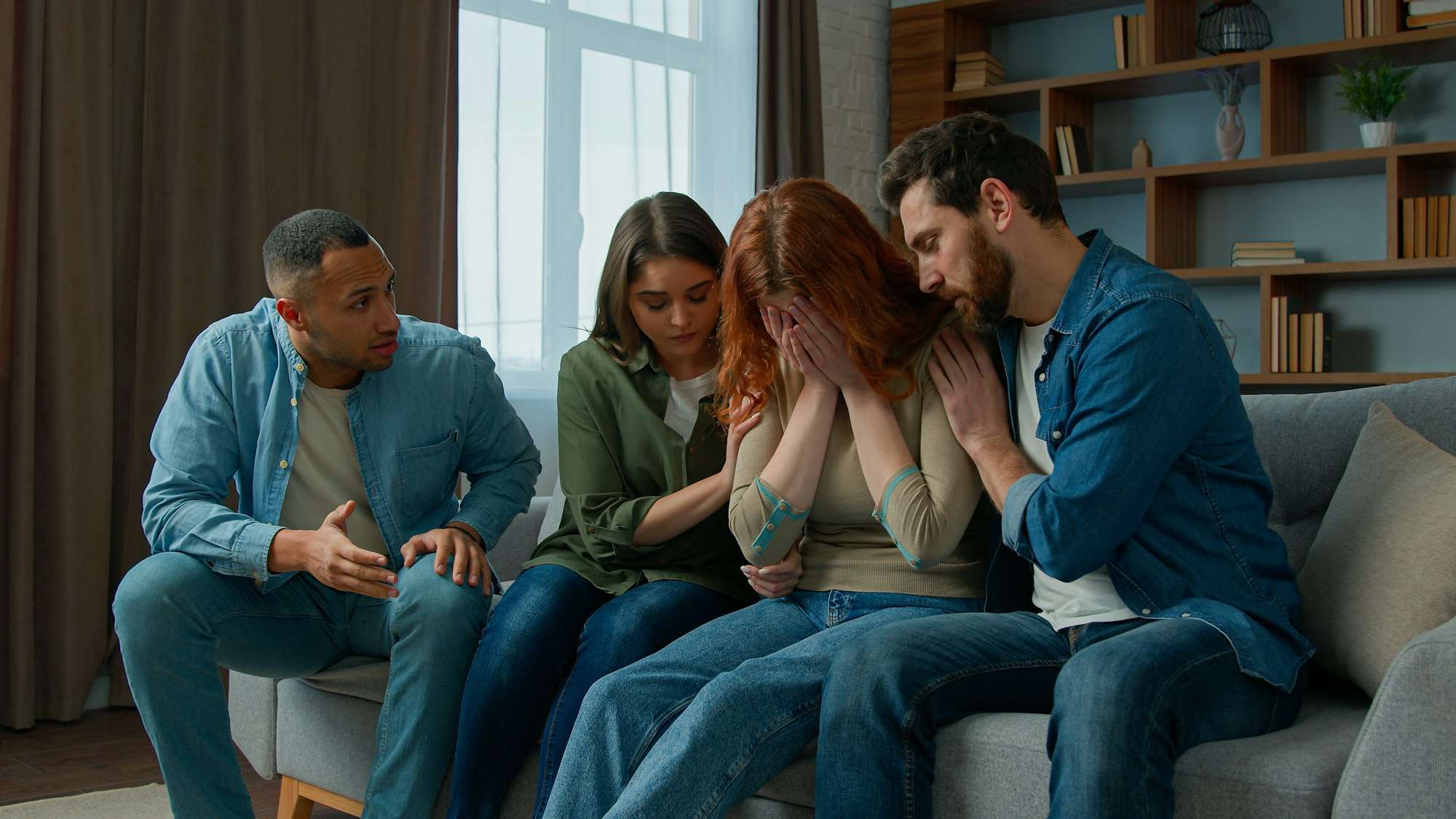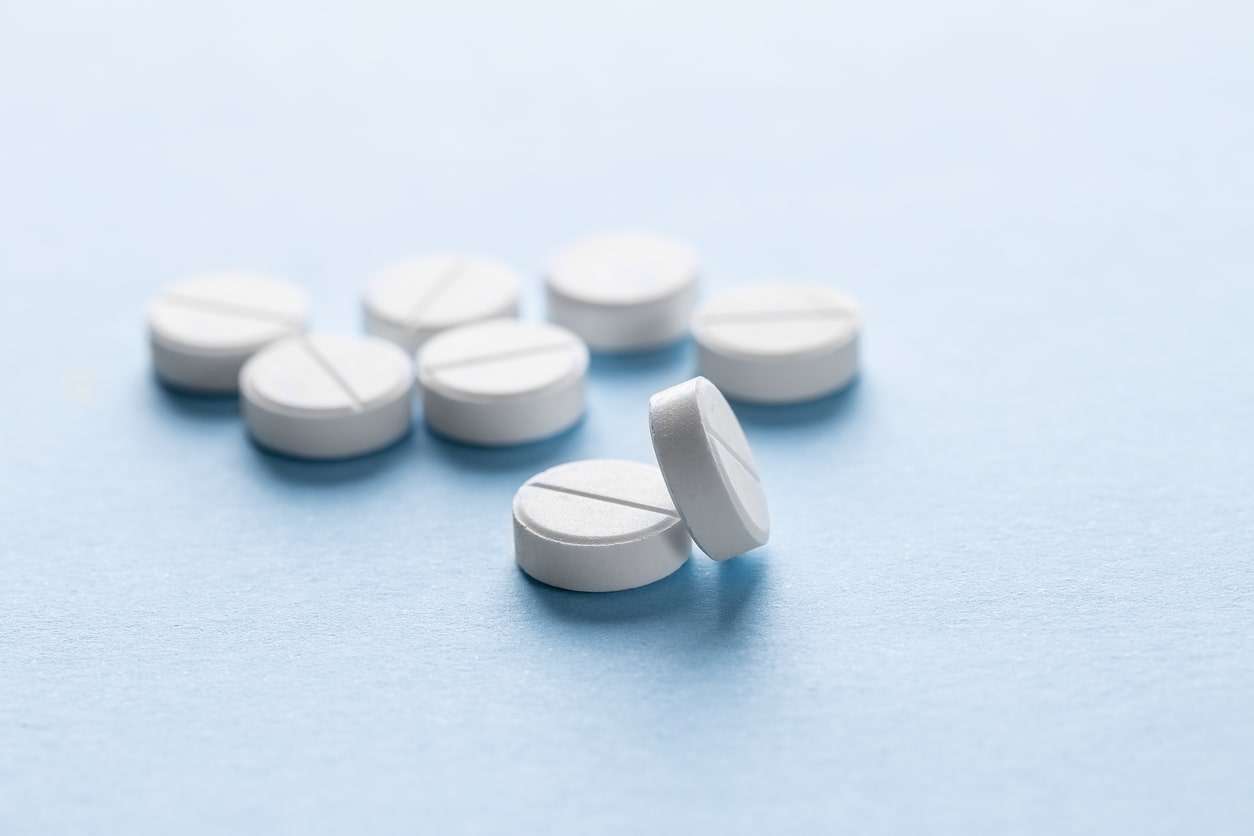Detox is a vital step in the recovery process for anyone struggling with alcohol addiction. While the idea of detoxing from alcohol at home might sound appealing due to the perceived convenience and privacy, it can be life-threatening. This article will explore the dangers of attempting to detox from alcohol at home, the importance of seeking professional help, and the resources available for those in need.
Understanding Alcohol Withdrawal
Alcohol withdrawal occurs when a person who has been drinking heavily and consistently for a prolonged period suddenly stops or reduces their alcohol intake. The body becomes dependent on alcohol, and when it’s suddenly removed, the brain must readjust, leading to various withdrawal symptoms. These symptoms can range from mild to severe and may include:
- Anxiety
- Insomnia
- Tremors
- Nausea and vomiting
- Hallucinations
- Seizures
- Delirium tremens (DTs)
Delirium tremens is a severe and potentially fatal form of alcohol withdrawal, which can cause sudden and severe mental and nervous system changes. Symptoms of DTs include confusion, fever, seizures, hallucinations, and extreme agitation. The onset of delirium tremens typically occurs 48 to 72 hours after the last drink, and without proper medical supervision, it can lead to death.
The Dangers of Detoxing from Alcohol at Home
Attempting to detox from alcohol at home poses several risks, some of which can be life-threatening. Here are some of the dangers:
- Lack of medical supervision: Alcohol withdrawal can result in serious medical complications that require immediate attention. Without the supervision of a medical professional, these complications could go unnoticed and untreated, leading to dire consequences.
- Inadequate treatment: Detoxing from alcohol at home often means that the person doesn’t receive the appropriate treatment, such as medication to alleviate withdrawal symptoms or therapy to address underlying issues contributing to the addiction.
- Increased risk of relapse: Detoxing at home can be isolating and challenging, with many triggers present that could lead to relapse. In a professional treatment setting, individuals are removed from these triggers and are provided with a supportive environment to focus on their recovery.
- Overdose risk: If a person relapses during or after attempting to detox at home, they may be more susceptible to an overdose. This is because their tolerance may have decreased during the detox process, causing their body to react more strongly to alcohol.
Why Professional Detox is Crucial
Given the potential dangers of detoxing from alcohol at home, seeking professional help is crucial for a safe and effective detoxification process. Professional detox facilities provide:
- Medical supervision: In a professional detox setting, medical staff are available 24/7 to monitor patients and address any complications that may arise. This can be especially critical for those experiencing severe withdrawal symptoms.
- Medication management: Medical professionals in a detox facility can prescribe medications to help alleviate withdrawal symptoms and reduce the risk of complications.
- Emotional support: Detoxing from alcohol can be an emotionally challenging experience. In a professional detox facility, patients have access to support from trained staff and therapists, as well as other individuals going through the same process.
- Safe environment: Detox facilities provide a safe, controlled environment away from triggers and temptations that could lead to relapse.
- Transition to further treatment: Detox is only the first step in the recovery process. Once detox is complete, a professional treatment facility can help transition patients into the appropriate next level of care, such as inpatient rehab, outpatient treatment, or support groups.
Resources for Alcohol Detox in Atlanta
Finding the right resources for professional detox and treatment is essential for a successful recovery journey. The following resources can guide you in locating the appropriate help and support:
- SAMHSA’s National Helpline: The Substance Abuse and Mental Health Services Administration (SAMHSA) offers a free, confidential, 24/7 helpline at 1-800-662-HELP (4357) that can provide information on treatment facilities and support groups in your area.
- Your primary care physician: Speak with your primary care doctor about your concerns and ask for recommendations on detox and treatment facilities. They can help you find a facility that meets your needs and may even be able to make a referral on your behalf.
- Local hospitals and clinics: Many hospitals have addiction treatment programs or can recommend local detox facilities. Reach out to nearby hospitals to inquire about their services and any potential referrals.
- Health insurance provider: Contact your health insurance provider to find out which detox and treatment facilities are covered by your plan. They may be able to provide you with a list of in-network facilities that specialize in alcohol detox and treatment.
- Detox ATL: Websites like ours are a viable resource for anyone looking to get sober. Our resources can help you find a facility that meets your specific needs and preferences.
- Friends and family: If you know someone who has gone through the detox and recovery process, ask for their recommendations and advice. They may have valuable insights into what to expect and can provide support during your journey.
- Local support groups: Organizations like Alcoholics Anonymous (AA) and SMART Recovery can be valuable resources for finding information on detox and treatment facilities. Attend a local meeting or reach out to a group representative for assistance.
Find Alcohol Detox Now!
detoxing from alcohol at home is not only risky but can also be life-threatening. It is essential to seek professional help to ensure a safe and effective detoxification process. By utilizing the resources mentioned above, you can find the support and care needed to embark on a successful recovery journey. If you’re interested in Detox ATL’s services, verify your insurance now!






